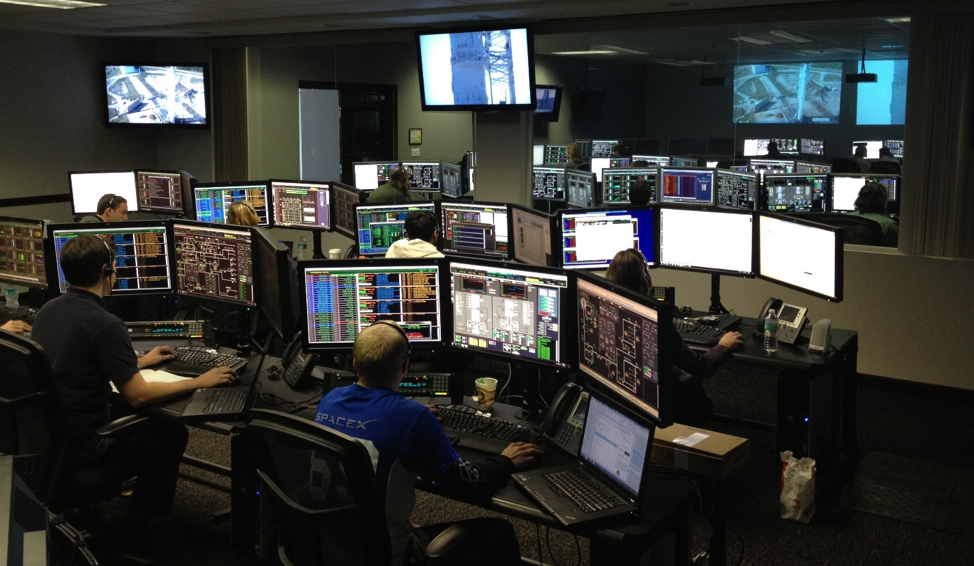When most people think of the term “cyber security,” they likely envision something that involves lines of codes and helping to thwart network intrusion. While jobs in cyber security certainly will require proficiency in various programming languages and adeptness with related skillsets, it’s not just another coding job.
It ‘s a challenging and ever-evolving position that helps make a difference in the way that private and business data is protected. Jobs in Cyber security are attractive because they are high in demand; CSO reports a massive shortage of workers in these skilled positions.
They come with handsome salaries and the work is challenging and rewarding. What you may not be aware of is that there are some cool positions in this field that are worth considering if you are interested in transitioning into this exciting career field.
These are not your average run-of-the-mill cyber security careers. They are unique, exciting, challenging and rewarding. The Cyber Security courses in powered by Woz U programs can help you prepare for them faster than you think.
Penetration Tester
A penetration tester is one of the least talked about careers in cyber security. Oftentimes it is referred to as “pen tester.” What does a pen tester do? A professional in this field is constantly monitoring and testing computers and software, in addition to assessing threat detection and anti-intrusion methods of networks to help make them more secure and prevent unauthorized access.
Penetration testing requires that you document each successful intrusion attempt, including the entry point, method or methods being used, exploits and more. In essence: you ‘d be getting paid to “hack” into the systems of companies. Of course, you wouldn’t be hacking in to cause damage, but rather to help companies better secure their networks against intrusion. Penetration testers typically are fluent in coding languages like C, PHP, Python and Ruby. They function like web developers and network administrators and are always thinking outside of the box.
Computer Crime Investigator
If you ‘ve always dreamed of a role in the criminal justice system or cyber forensics (and who hasn’t?), this is the career for you. As a computer crime investigator, you ‘d be primarily recovering data from computers that were used in the commission of crimes. In some cases, you ‘d be helping to prosecute hackers and cyber criminals by delivering detailed analysis while aiding in the recovery of data critical to the case. Often, a computer crime investigator is summoned to court during the trial phase to provide expert testimony on behalf of their forensic findings.
A career in this field typically earns a six-figure salary and is not necessarily limited to the public sector. Often, these investigators work for private security firms that are contracted by state and federal governments to aid in the prosecution of cyber criminals.
Ethical Hacker
You may wonder what the difference is between a hacker and an ethical hacker. The answer is simple: Ethical hackers utilize the same intrusion methods as criminal hackers do, but they are not hacking into systems for illegal ransoms; they are doing it because it ‘s their job. This role is similar to a penetration tester in the sense that you ‘d be learning the various exploits and vulnerabilities of a given network to gain unauthorized access to it.
Unlike penetration testers, however, ethical hackers typically work offsite for private firms and utilize their skills as part of security consulting contracts. It is not uncommon for larger companies to have several in-house pen testers on payroll, while simultaneously hiring ethical hacking companies to test the system ‘s readiness against intrusion.
Threat Hunter
We ‘ve already covered some similar careers in cyber security you could pursue such as a penetration tester and ethical hacker. A threat hunter shares some commonalities with these positions but differs because these experts are looking for undiscovered threats that occur in real-time.
They help companies prepare and safeguard their networks for real-time security incidents, while incorporating various monitoring tools that help ascertain data breaches and monitor threat levels. Typically, a threat hunter would be working alongside of a pen tester and ethical hacker to ensure optimum network security and uptime.
Security Architect
A security architect plays a senior role in cyber security. These experts help test company networks to assess vulnerability. They then create detailed security structures and protocols that are designed to add layers of security to the network. In many cases, they ‘ll be working alongside threat detectors, penetration testers and ethical hackers to fine-tune the network for intrusion detection and prevention.
Forensic Expert
This role is similar to a computer crime investigator, and typically will be working with one when conducting forensic investigations. Commonly referred to as an FE, they help decipher computer and network data in efforts to trace back crime to its source.
Often, they repurpose deleted or corrupt data that has been left behind by criminals trying to cover their tracks. Commonly, they work in law enforcement and may also provide expert outside testimony in related court proceedings.
Cryptographer/ Cryptanalysts
A cryptographer (or cryptanalyst) helps design algorithms, ciphers and code that make networks more secure. They are tasked with protecting vital data from unauthorized access, while also helping to improve the security of the network. In many cases, these IT experts have medium-level security clearances, so they can perform contract and subcontract work for governments and large companies.
Take the First Step in a Career in Cyber Security
Interested in learning more? The cyber security program at Woz U features HD video instruction, browser-based labs and dedicated one-on-one mentors. Be prepared for an exciting career in one of the fastest growing fields in information technology in as little as 12 weeks!





